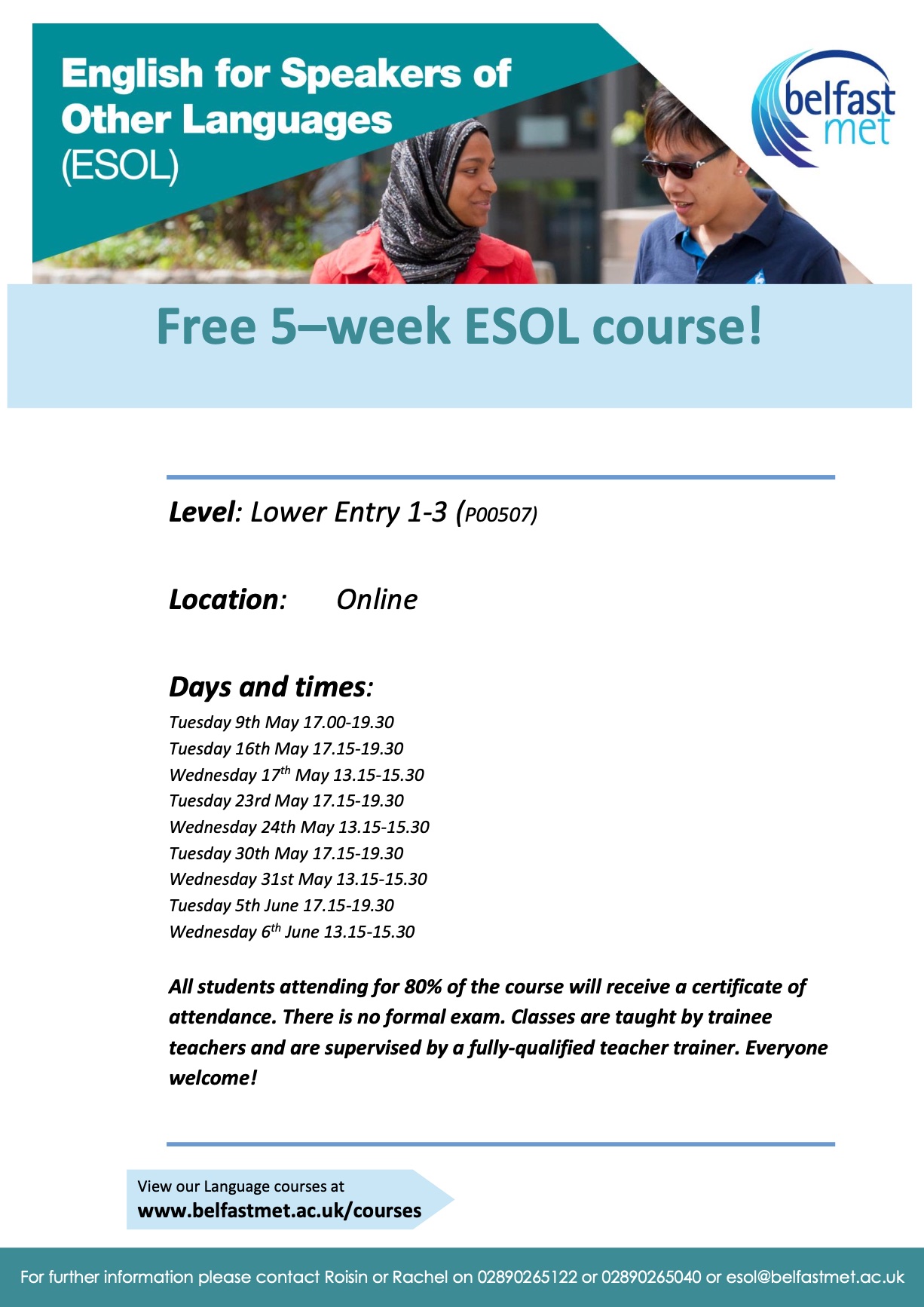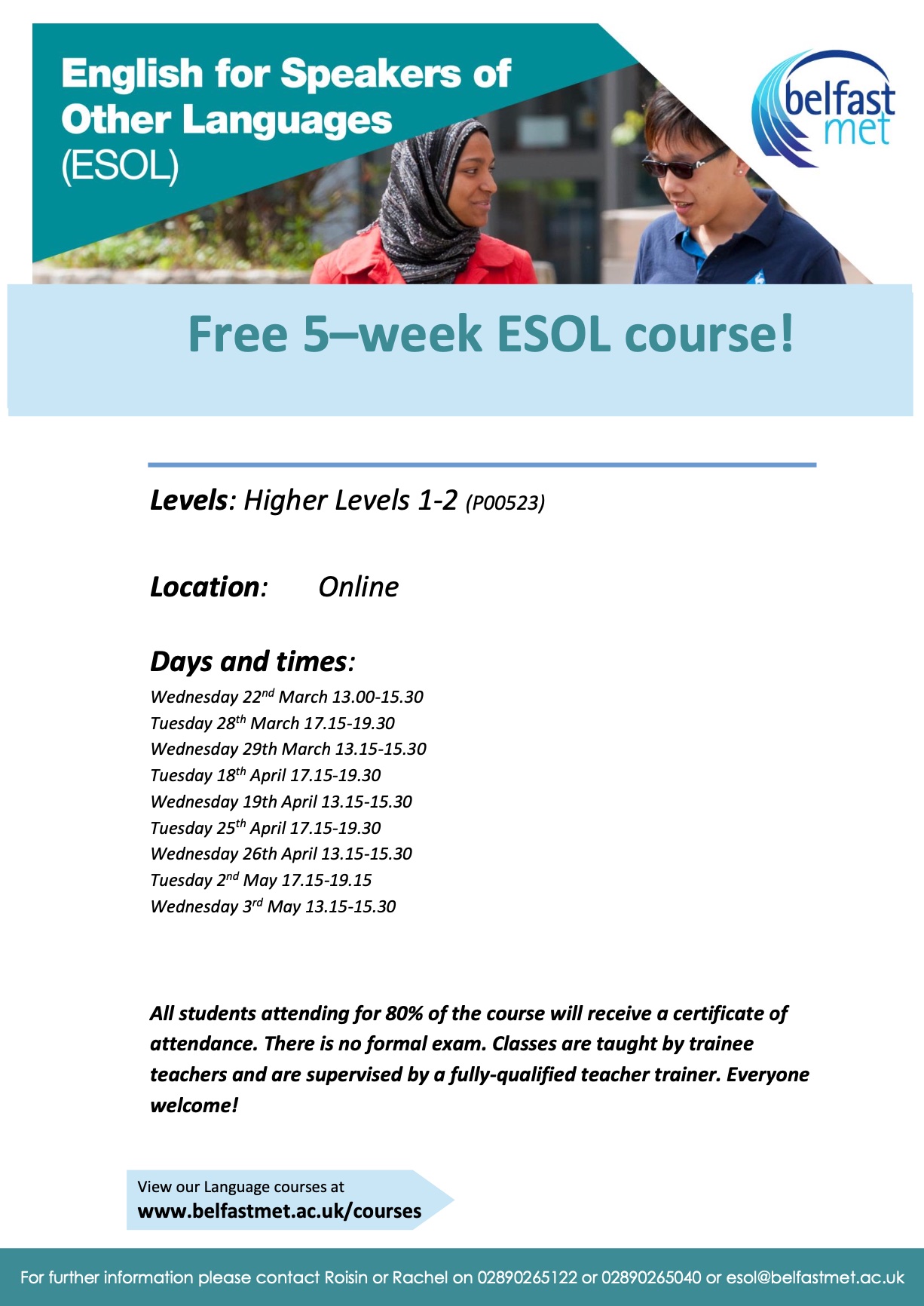DEPARTMENT OF HEALTH
29 March 2023
Health Inequalities Annual Report 2023
The Department of Health today published the Health Inequalities Annual Report 2023.
This publication presents a comprehensive analysis of health inequality gaps between the most and least deprived areas of NI, and sub-regional gaps within Health & Social Care (HSC) Trust and Local Government District (LGD) areas across a range of health indicators.
Key Findings – Regional
In 2019-21, male and female life expectancy at birth showed no notable change in NI and its most or least deprived areas. While the male deprivation gap (7.3 years) showed no notable change since 2015-17, the female deprivation gap (5.1 years) widened slightly over the period.
Inequality gaps narrowed for male healthy life expectancy (HLE) and male and female disability-free life expectancy (DFLE), following improvements in the most deprived areas. In 2019-21, the most-least deprived gap in HLE stood at 11.2 years for males and 15.1 years for females.
Large inequality gaps continue to highlight markedly higher rates of premature mortality in the most deprived areas, with the majority of gaps showing no notable change over the analysed period. Preventable mortality increased in the most deprived areas resulting in the inequality gap widening with the rate in the most deprived areas now treble that in the least deprived areas.
Large inequality gaps continue to exist for mental health indicators. Prescription rates for mood and anxiety disorders increased regionally and for most & least deprived areas between 2017 and 2021, with the rate in the most deprived areas 66% higher than in the least deprived areas. In 2019-21 the suicide mortality rate in the most deprived areas was more than double that observed in the least deprived areas.
Alcohol and drug related indicators continue to show some of the largest health inequalities monitored in NI, with rates in the most deprived areas over five times that in the least deprived for deaths due to drug misuse and four times that for alcohol specific mortality.
In 2021, within the most deprived areas the proportion of births where the mother reported smoking during pregnancy was almost five and a half times the rate in the least deprived areas.
Over the last five years the inequality gap in the proportion of Primary 1 children classified as obese widened from 45% to 93% due to an increase in obesity rates in the most deprived areas while rates in the least deprived areas saw no notable change.
Key Findings – Sub-Regional
Male life expectancy remained generally similar between 2015-17 and 2019-21 in all Trusts and Local Government Districts (LGD) and their most deprived areas, with the exception of decreases in the most deprived areas of the Belfast and Derry City & Strabane LGDs, and an increase in the most deprived areas average of Lisburn & Castlereagh LGD.
The inequality gap for male life expectancy between the 20% most deprived areas and the area average widened in the Belfast, Derry City & Strabane and Mid & East Antrim LGDs, while the gap narrowed in the Lisburn & Castlereagh LGD.
Similar to males, female life expectancy remained similar across the period in the majority of Trusts and LGDs, and their most deprived areas. The exception to this was the Belfast Trust and its most deprived areas, Causeway Coast & Glens LGD and its most deprived areas, Belfast LGD’s most deprived areas, and the Mid & East Antrim LGD, where it declined. Improvements were observed in the Southern Trust, and within Antrim & Newtownabbey LGD and its most deprived areas.
The inequality gap for female life expectancy between the 20% most deprived areas and the area average widened in the Belfast Trust. Conversely, the Western Trust and the Antrim & Newtownabbey LGD experienced a narrowing of their respective inequality gaps.
Similar to the regional picture, deprivation related inequality was most prominent in indicators relating to alcohol, drugs, self-harm, smoking during pregnancy and teenage births, which were among the five largest inequality gaps for the majority of Trusts and LGDs.
Drug misuse mortality was the largest inequality gap in four of the five HSC Trusts. In the Western Trust, the rate in its most deprived areas was more than two and a half times (169%) the Trust average and in the Mid & East Antrim LGD the rate of drug related mortality in the most deprived areas was more than treble (220%) the LGD average.
Large inequality gaps for alcohol related admissions also exist in the majority of Trusts and LGDs. The rate in their most deprived areas was more than double the Trust/LGD average for both the Western Trust (118%) and Mid & East Antrim LGD (134%).
Alcohol specific mortality showed the largest gap in the Antrim & Newtownabbey LGD (134%) and Causeway Coast and Glens LGD (132%), whilst alcohol related admissions showed the largest gap in the Mid Ulster LGD (61%).
The teenage birth rate was the largest inequality gap in the Southern Trust (103%) and in three LGDs: Armagh City, Banbridge & Craigavon (130%), Belfast (99%) and Fermanagh & Omagh (121%).
Smoking during pregnancy was the largest inequality gap in the Ards & North Down (101%) and Lisburn & Castlereagh LGDs (174%).
The standardised death rate for deaths due to COVID-19 was the largest inequality gap in the Newry, Mourne & Down LGD (71%)
Notes to Editors:
1. The Health Inequalities Annual Report is one of a series of reports produced as part of the NI Health & Social Care Inequalities Monitoring System (HSCIMS) and presents a comprehensive analysis of health inequality gaps between the most and least deprived areas of NI, and within Health & Social Care (HSC) Trust and Local Government District (LGD) areas across a range of indicators.
2. The Health and Social Care Inequalities Monitoring System (HSCIMS) comprises a basket of indicators which are monitored over time to assess area differences in mortality, morbidity, utilisation of and access to health and social care services in Northern Ireland, and has expanded over recent years to include additional work streams relating to health inequality.
3. Inequalities between the 20% most deprived areas and the 20% least deprived areas are measured. These areas are defined according to the 2017 Northern Ireland Multiple Deprivation Measure (NIMDM).
4. The information presented in this publication is based on data from General Register Office, Hospital Inpatient System, Northern Ireland Emergency Departments, Child Health System, Northern Ireland Maternity System, Northern Ireland Cancer Registry, Business Services Organisation, Northern Ireland Fire and Rescue Service, Northern Ireland Ambulance Service, Community Information Branch and the Health Survey Northern Ireland.
5. A new indicator ‘Standardised Death Rate – Smoking Attributable Causes’ has replaced the previously named ‘Standardised Death Rate – Smoking Related Causes’ which was included in previous reports. The new indicator is based on the latest Public Health England (PHE) methodology and more accurately assesses the impact of the latest NI smoking trends on observed mortality.
6. A single year standardised death rate for all deaths, is also included for the first time in this publication to allow for assessment of recent mortality trends. This indicator was previously included as a 3-year rolling average.
7. The two previous health inequalities annual reports did not report on suicide due to an ongoing review conducted by NISRA and the Coroner’s Service into the classification of undetermined deaths between 2015 and 2020. As the review has since been completed, the inequality analysis of suicide has been reintroduced to this report. Due to the series break in suicide deaths, deaths occurring prior to 2015 have been excluded from analysis, restricting the scope of sub-regional trends, which use five-year aggregated figures.
8. Assessments of change for outcomes relating to service-based indicators, including all hospital admission and dental treatment activity, have been analysed and presented based on whether there was an observed increase or decrease in activity, rather than positive or negative changes to health outcomes. This is due to difficulties in ascertaining whether any changes in rates are due to changes in demand (i.e., health of the population), or, as a result of changes in service provision. All figures relating to these indicators should be treated with caution as they may also be impacted by external factors that are not reflective of service demand. As unmet demand is not accounted for in the data, these indicators should therefore be viewed as indicators of service provision rather than demand.
9. The most recent year of data presented for the majority of indicators in this release is 2021 or 2022. These figures are impacted by the COVID-19 pandemic, sometimes resulting in notable changes to trends for the indicator in question, particularly where service delivery has been affected.
10. All HSCIMS reports and data tables are available to view and download from the Department of Health website
11. Additional Information
Further information on the HSCIMS is available from:
Health Inequalities Section
Public Health Information & Research Branch
Department of Health
Annexe 2, Castle Buildings
Stormont, BT4 3SQ
Tel: 028 90 522501 or 028 90 522591
Email: healthinequalities@health-ni.gov.uk
Web: https://www.health-ni.gov.uk/topics/dhssps-statistics-and-research/health-inequalities-statistics
12. For media enquiries please contact DoH Press Office by e-mail at: pressoffice@health-ni.gov.uk
13. Follow us on Twitter @healthdpt
14. The Executive Information Service operates an out of hours service for Media Enquiries Only between 1800hrs and 0800hrs Monday to Friday and at weekends and public holidays. The Duty Press Officer can be contacted on 028 9037 8110.
All announcements are issued by individual Local Government Departments and in turn forwarded by the Belfast Healthy Cities Information Service. All queries should be addressed to the relevant Department directly.
Copyright © 2023 Belfast Healthy Cities, All rights reserved.
Our mailing address is:
Belfast Healthy Cities
Gordon House
22-24 Lombard Street
BELFAST, BT1 1RD
United Kingdom








